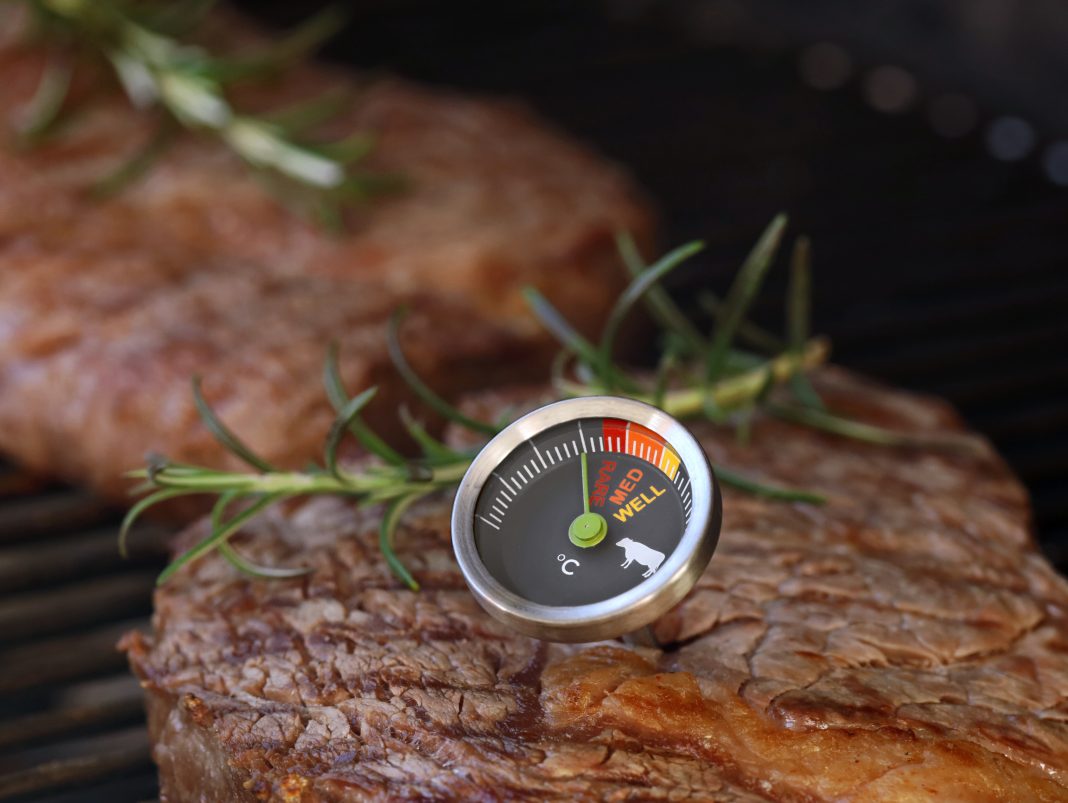By Tracy Courage
U of A System Division of Agriculture
Memorial Day kicks off the unofficial start of summer and the season of barbecues, camp-outs and family gatherings. And it’s all fun — until the potato salad goes bad. Whatever is on your family’s summer agenda, don’t let food be the spoiler.
“The big issues in the summer are your usual suspects — mayonnaise and egg-based items, not cooking to the right internal temperatures, not washing hands, and leaving things sitting out too long,” said Nina Roofe, head of family and consumer sciences for the University of Arkansas System Division of Agriculture.
The Centers for Disease Control and Prevention estimates that 1 in 6 Americans get sick from a foodborne illness each year. With proper food handling, your family doesn’t have to be among those statistics. The key is to avoid cross-contamination and to cook and store food at proper temperatures.
Roofe offers these tips for food safety:
- Avoid cross-contamination by using different cooking utensils and cutting boards for handling raw and cooked meats.
- Wash your hands often.
- Clean the grill before using to avoid contamination from the previous user.
- Cook food thoroughly to a safe internal temperature. Don’t rely on color; check it with a food thermometer. Beef steaks, pork steaks and fish should be cooked to at least 145 degrees; sausage and other grounds meats to 160; and chicken to 165 degrees.
- When storing foods, keep cold foods below 40 degrees.
- Keep hot foods above 140 degrees.
“The danger zone of 40-140 degrees is where bacteria like to grow, so the less time food is kept in that temperature zone, the better,” Roofe said.
If you plan to camp, you can reduce the risk of food spoiling by prepare recipes in advance.
“Chop vegetables, measure ingredients and portion meats ahead of time,” Roofe said. “And don’t forget to pack a meat thermometer.”
Find more information on food safety, contact your local Cooperative Extension Service agent or visit www.uaex.uada.edu.
Follow us on X and Instagram at @AR_Extension. To learn more about Division of Agriculture research, visit the Arkansas Agricultural Experiment Station website: https://aaes.uada.edu. Follow on X at @ArkAgResearch. To learn more about the Division of Agriculture, visit https://uada.edu/. Follow us on X at @AgInArk.
About the Division of Agriculture
The University of Arkansas System Division of Agriculture’s mission is to strengthen agriculture, communities, and families by connecting trusted research to the adoption of best practices. Through the Agricultural Experiment Station and the Cooperative Extension Service, the Division of Agriculture conducts research and extension work within the nation’s historic land grant education system.
The Division of Agriculture is one of 20 entities within the University of Arkansas System. It has offices in all 75 counties in Arkansas and faculty on five system campuses.
The University of Arkansas System Division of Agriculture offers all its Extension and Research programs to all eligible persons without regard to race, color, sex, gender identity, sexual orientation, national origin, religion, age, disability, marital or veteran status, genetic information, or any other legally protected status, and is an Affirmative Action/Equal Opportunity Employer.







